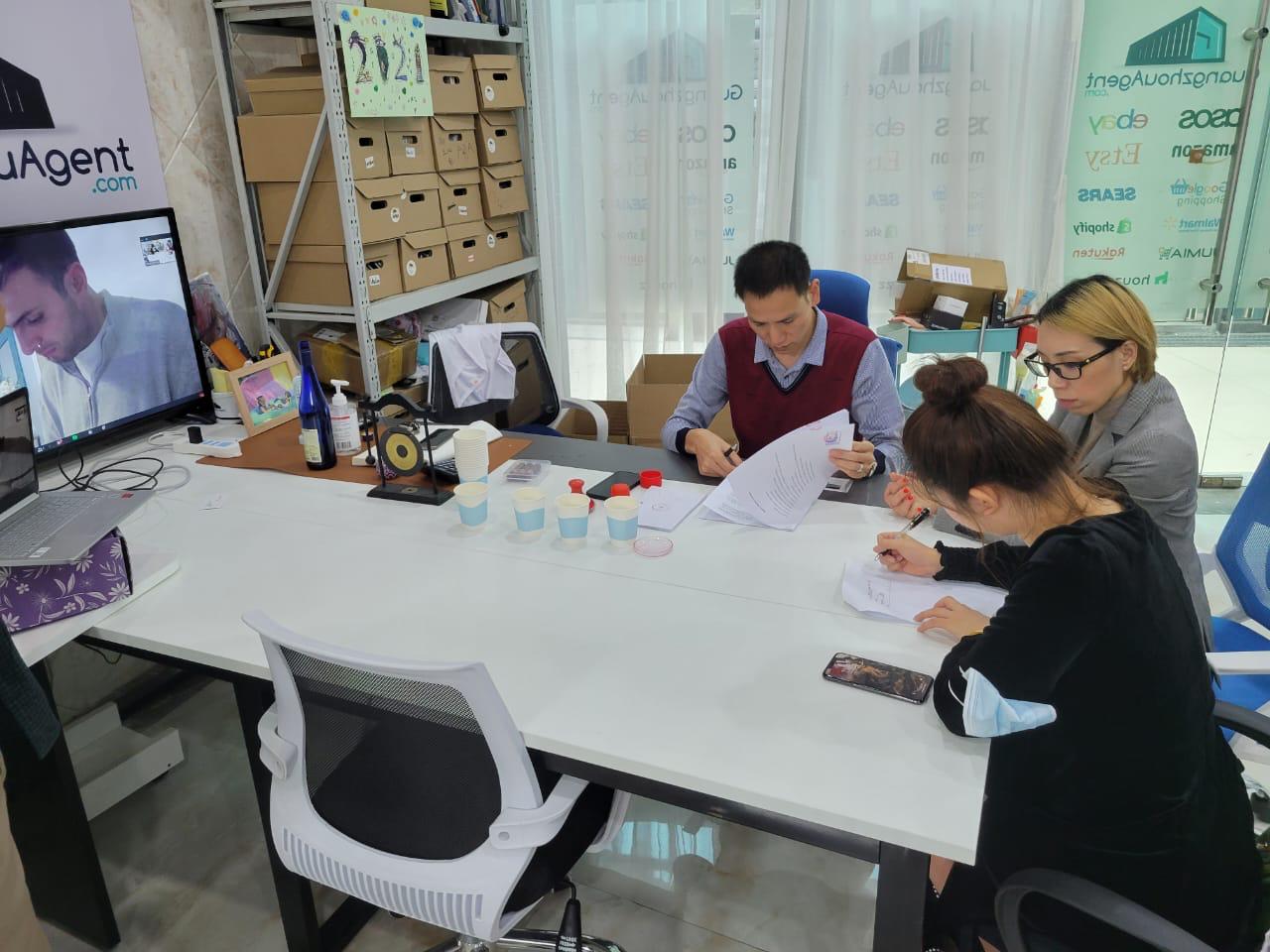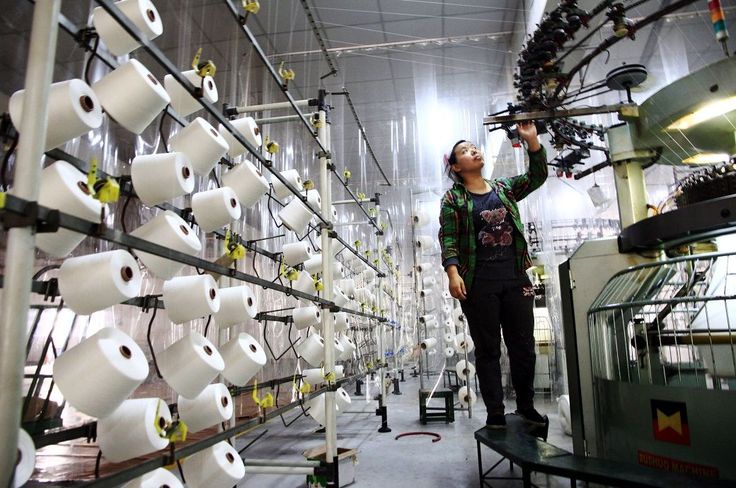Why Alibaba is No Longer a One-Stop Solution: Uncovering Hidden Pitfalls, Extra Costs, and Risks to Your Competitive Advantage
Introduction: The Evolving Landscape of Global Sourcing
Alibaba has long been a favored platform for international buyers in search of cost-effective manufacturing solutions. However, the simplicity that once made it appealing now masks a variety of challenges that can jeopardize your competitive edge. The era of “set and forget” is no longer feasible; companies that depend solely on Alibaba without addressing hidden costs and risks are placing their success at risk. Adapting to the changing face of global sourcing requires a more proactive and informed approach.
The Pitfalls of the “Set and Forget” Mentality on Alibaba
While Alibaba’s user-friendly interface is attractive, it conceals several issues that can significantly impact your sourcing efforts.
Misrepresentation and Middlemen: A significant number of suppliers on Alibaba are intermediaries rather than direct manufacturers. This reliance on middlemen can inflate costs, reduce transparency, and complicate communication, ultimately leading to higher prices and inferior quality products.
Lack of Accountability: When problems arise—be it late shipments, subpar quality, or incorrect specifications—buyers often find themselves with limited recourse. Alibaba’s dispute resolution system tends to favor suppliers, leaving buyers vulnerable in these situations.
Deceptive Listings: Product photos, certifications, and descriptions on Alibaba can frequently mislead buyers. Without local verification, companies risk making purchasing decisions based on inaccurate information, which can result in costly errors.
The Hidden Costs: Overcharges and Markups
Although Alibaba promotes the notion of low prices, buyers often encounter hidden costs that diminish expected savings.
Middleman Markups: Intermediaries typically add significant markups to the factory prices, driving up overall costs without providing additional value.
Inflated Shipping and Handling Fees: Some suppliers may inflate shipping costs, which might only become evident upon receipt of the invoice.
Currency and Payment Risks: Fluctuations in currency exchange rates and upfront payment demands expose buyers to financial risk, particularly if products do not meet quality expectations.
The Benefits Suppliers Claim to Provide
Suppliers on Alibaba often highlight various benefits designed to attract international buyers, including:
Convenience and Simplicity: The platform is marketed as a one-stop shop for easy product discovery and ordering.
Broad Selection: Buyers theoretically have access to a vast array of products and manufacturers.
Low Costs: The perception of reduced prices compared to direct sourcing, combined with the convenience of aggregated options.
Turnkey Solutions: The promise of handling everything from production to shipping, suggesting that buyers can simply place orders and forget about the process.
However, these purported benefits can come with significant hidden costs that are often overlooked.
The Smarter Alternative: In-House Resources and Direct Sourcing
To avoid the pitfalls associated with relying on Alibaba, businesses can invest in their own resources—either by hiring local employees or outsourcing specific services. This approach not only reduces costs but also grants greater control over the sourcing process.
Direct Factory Access: By employing a local representative, you can connect directly with factories, bypassing intermediaries and their added costs. This strategy can lead to savings of 30-50% on production costs.
Enhanced Quality Control: Having your own quality control team ensures that products meet your specifications before leaving the factory, minimizing defects and returns.
Negotiation Power: Local employees can negotiate better prices and terms due to their understanding of market dynamics and cultural nuances.
Faster Problem Resolution: Issues that could take weeks to resolve through Alibaba can be handled swiftly by a local team, ensuring supply chain efficiency.
Tailored Product Development: Direct access to designers and engineers facilitates product innovation and customization, giving your business a competitive edge.
The Impact on Competitive Edge and Supply Chain Management
Taking a more engaged approach to sourcing can dramatically enhance your competitiveness in the global market.
Cost Efficiency: By eliminating middleman markups and reducing hidden costs, you can improve profit margins, allowing for more effective pricing strategies.
Supply Chain Stability: A directly managed and diversified supply chain minimizes risks of disruptions and delays, ensuring consistent fulfillment of customer demands.
Accelerated Innovation: Direct control over manufacturing enables faster product development cycles, allowing you to introduce new products ahead of competitors.
Conclusion: The Need for a New Approach
Relying solely on Alibaba for sourcing is no longer a viable strategy. To remain competitive, businesses must abandon the outdated “set and forget” mentality and adopt a more proactive approach. By investing in local resources—whether through hiring full-time or part-time employees or outsourcing specific services—you can regain control over your sourcing process, reduce costs, and guarantee that your products meet high-quality standards.
At China Agent Ltd, we offer the expertise and local insights necessary to navigate the complexities of modern manufacturing. With our support, you can establish a robust, cost-effective supply chain that positions your business for success in today’s competitive global market. It’s time to take charge and move beyond the limitations of Alibaba, ensuring your company remains competitive and poised for growth on the world stage.

